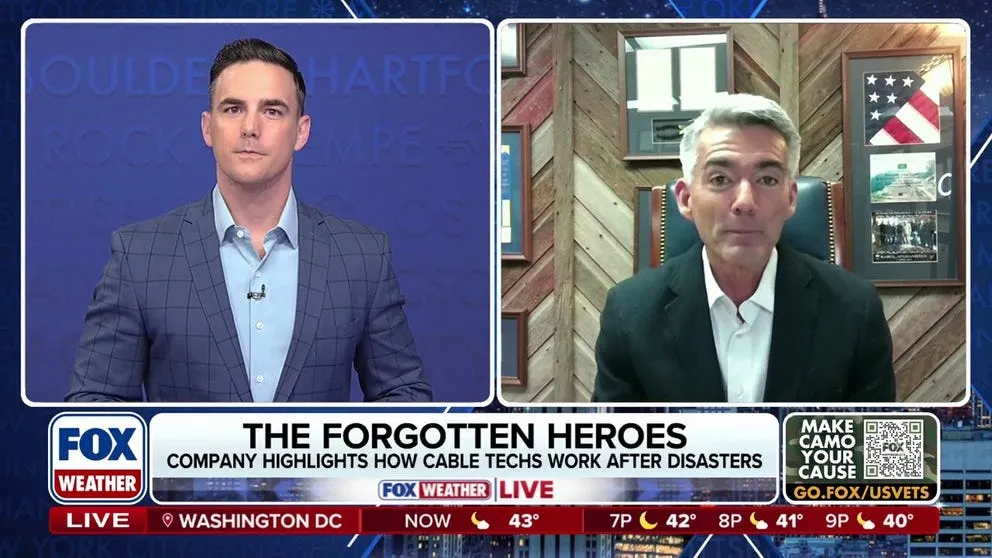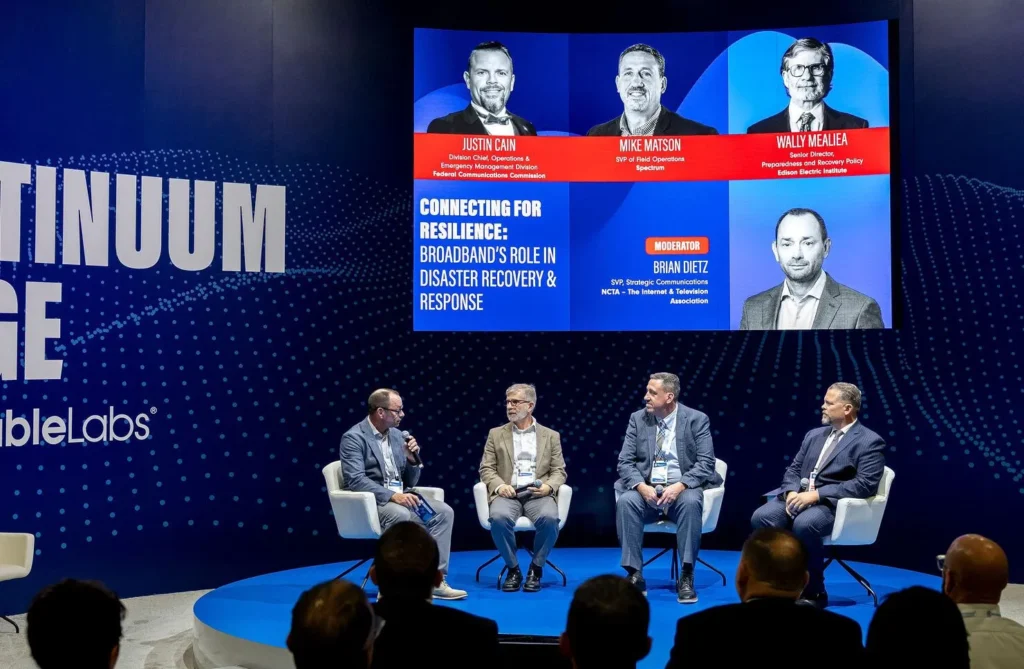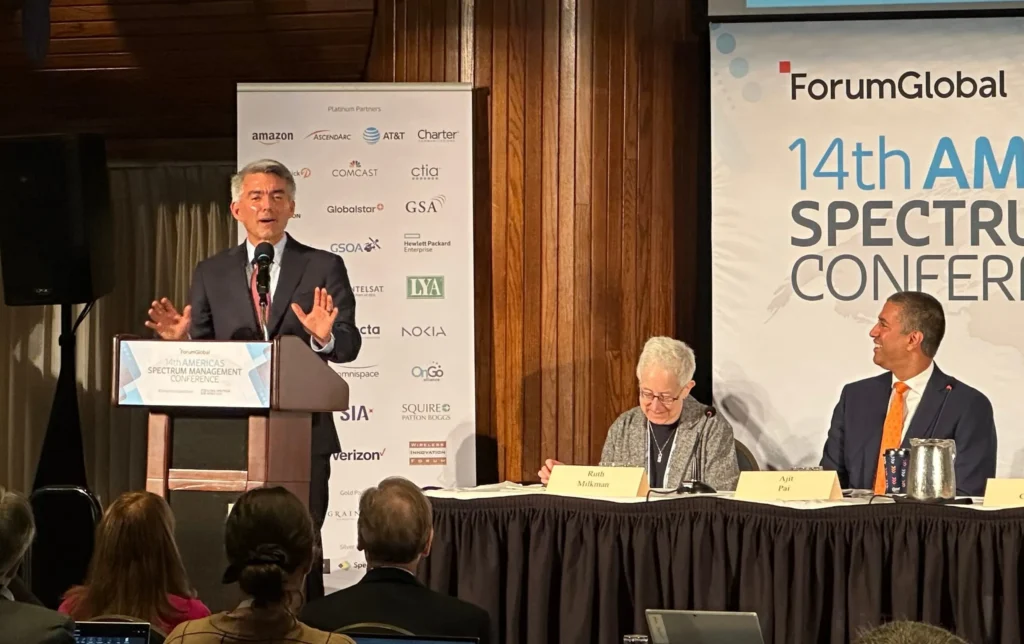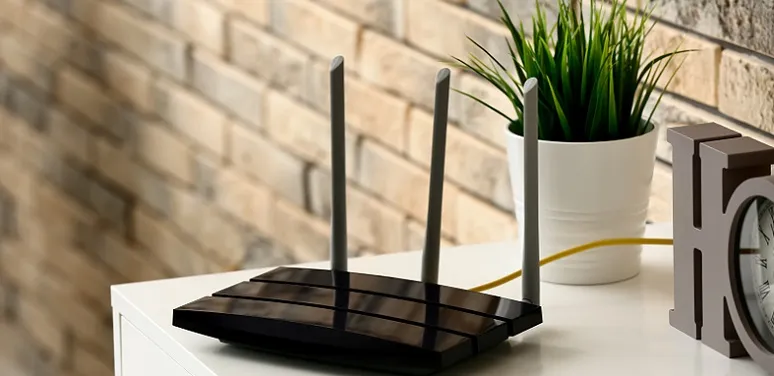As LGBTQ Pride Month celebrations continue through June, we took the opportunity to check in with Showtime’s president of programming, Gary Levine, to find out how the network has become a leader in inclusive storytelling. According to GLAAD’s “Where We Are on TV” report from the 2017-18 seasons, Showtime is one of the top networks with the highest number of LGBTQ characters (21) across its shows. It is also home to “one of the most prominent non-binary characters on TV,” who appears on Billions.
See our Q&A with Levine below to find out how the network’s shows are impacting LGBTQ audiences.
How does Showtime’s content stand apart in the TV marketplace? What makes it a “Showtime show?”
We take pride in the range of our programming. There’s no formula that makes them in any way similar. The expanse from Billions to Shameless, for example, and from the globe trotting of Homeland to the intimacy of relationships in The Affair. We enjoy the range of different shows that are in our portfolio and yet believe in the DNA in each one there are elements that make it a “Showtime show”—a certain level of risk, a certain level of quality, and characters who are real and complicated. Stories that are surprising. Shows that are relevant and yet shows that are entertaining.
How has your programming evolved in the past decade?
We continue to challenge ourselves to dig deeper to find new stories that aren’t being told. Because we aren’t advertiser-supported, we have the freedom to really challenge ourselves, our creators, showrunners and our audiences by shining a light on parts of our culture that may not have been illuminated. We take that challenge very seriously.
Take us back to some of your “breakthrough” shows that were LGBTQ inclusive.
Queer as Folk [which premiered in 2000] preceded me and was definitely a breakthrough show for the network. It took this English series which many people were afraid would get watered down in an American version, but Showtime went for it. And there was nothing watered down about Queer as Folk. Then I put on The L Word shortly thereafter with Ilene Chaiken. That show was definitely a landmark show. People still come up to me to tell me what a life-changing experience that show was for them. That really made Showtime a pioneer in LGBTQ programming. I think it has remained an important element of our network ever since.
Shameless is your longest running show. Can you talk about how that show has made an impact on the LGBTQ community?
There have been many shows along the way. But yes, Shameless is heading into its 9th season and is certainly a big show for us. It’s our unique take on a family drama, which is really a family comedy that has its dramatic elements. The gay character in the family has an enormous following … Shameless fearlessly portrays all the realities of life. We are preparing to shoot the 100th episode. You never anticipate that kind of success. You just have to believe that the show has something to say, that the people who are executing it are people you believe in. We hadn’t done a family drama for a long time, which is one of the staples of television, until we found one that we thought would be the Showtime version of a family drama, and that was Shameless.
Billions was the first TV series to introduce a gender non-binary regular character. Tell us how that storyline has impacted audiences.
It’s been tremendous. The writers came up with this character, and felt that in this testosterone-fueled financial firm it would be interesting to challenge that. We got lucky in the casting. We picked the best actor for it, and who also in life happens to be gender non-binary. Not only has the character become iconic, but [the actor] Asia Kate Dillon has become a very prominent spokesperson for gender non-binary people and it’s been a wonderful development.
Which other Showtime shows are resonating with the LGBTQ community?
Two new shows we added—SMILF and The Chi—have widened the audience for Showtime in very different ways. You’ve got Frankie Shaw with her very personal story about being a young, single mom. And Frankie’s staff and cast are definitely of that millennial, gender fluid, and LGBTQ sensitive group and many of her stories and characters involve [issues that affect the LGBTQ community]. Then you have The Chi, created by Lena Waithe who has become a superhero in the lesbian community. She has lesbian moms in The Chi, and I know we’ll be exploring more LGBTQ characters in the south side of Chicago in future seasons.
Why is it important for Showtime to create these inclusive storylines that portray LGBTQ individuals and relationships?
We pride ourselves on doing shows that are relevant to the culture and that resonate with audiences today. Because we are a subscription service, we can take on issues and characters that others sometimes shy away from. We see it as our mandate to be as real and honest and relevant within the culture as we can possibly be.








